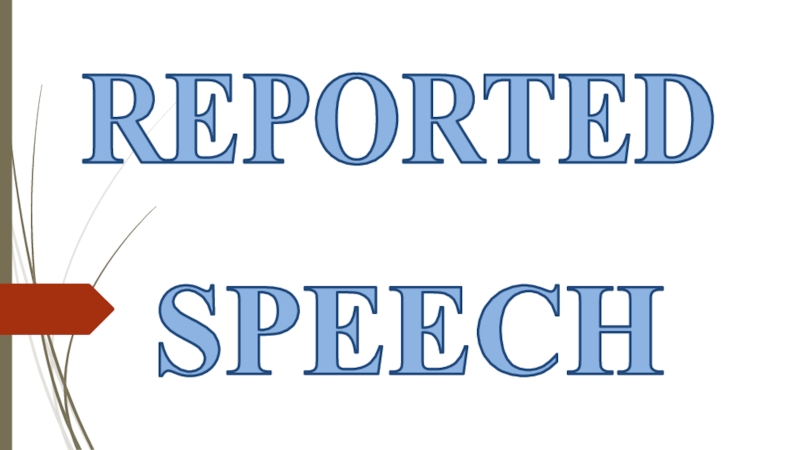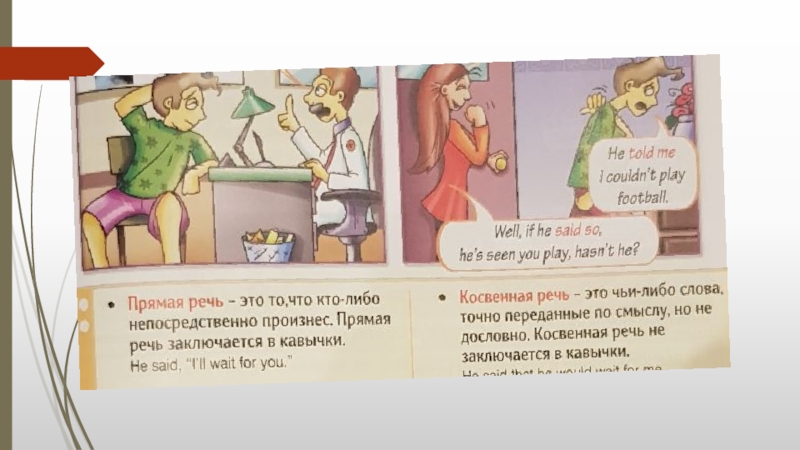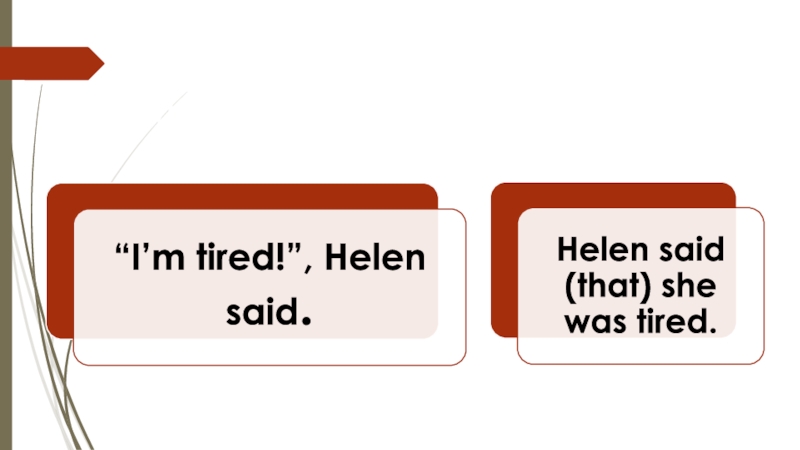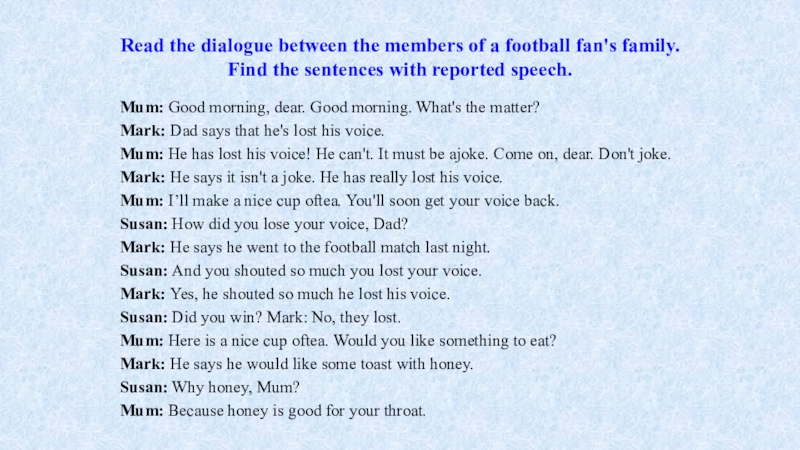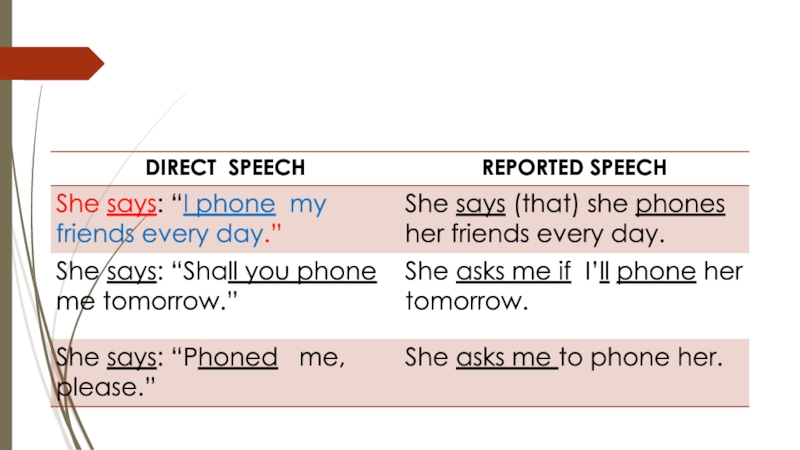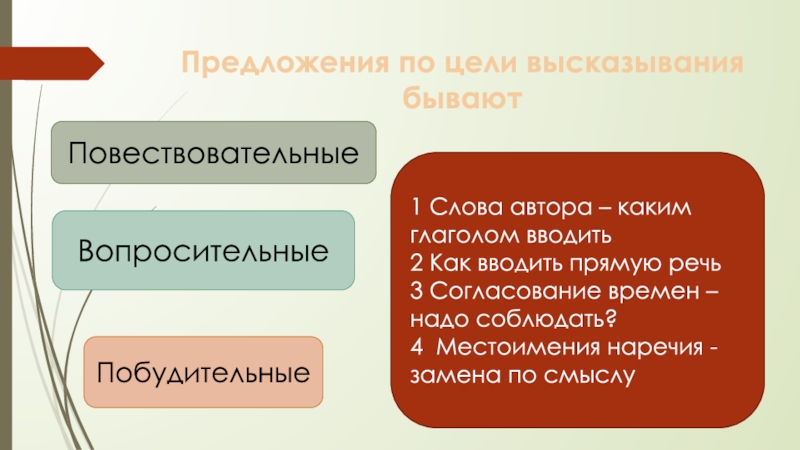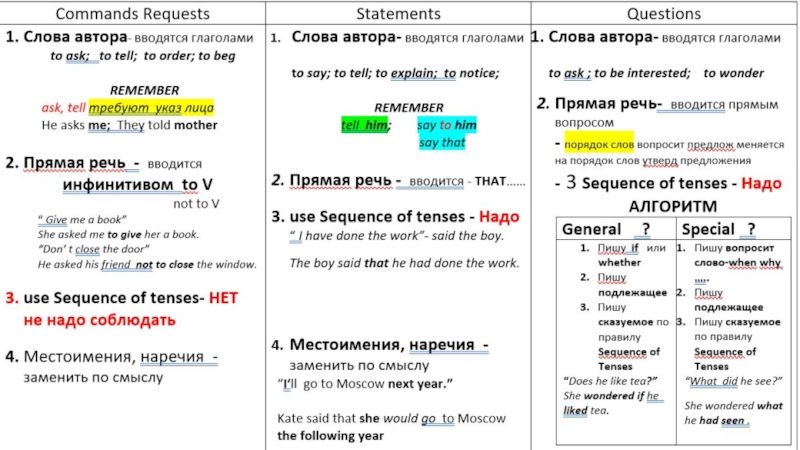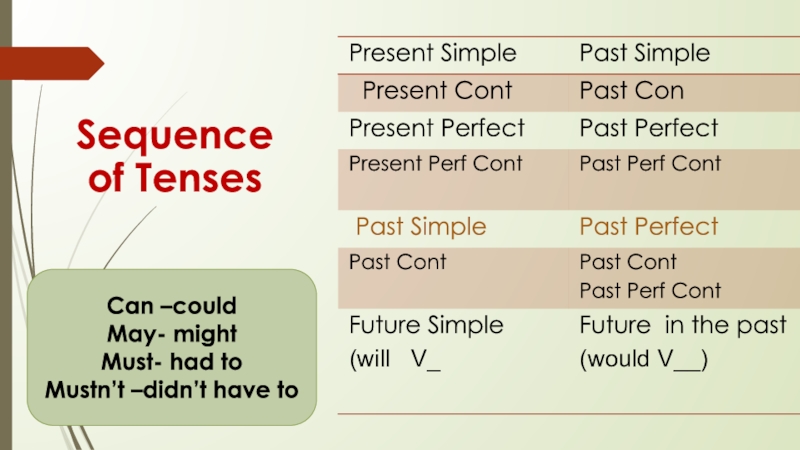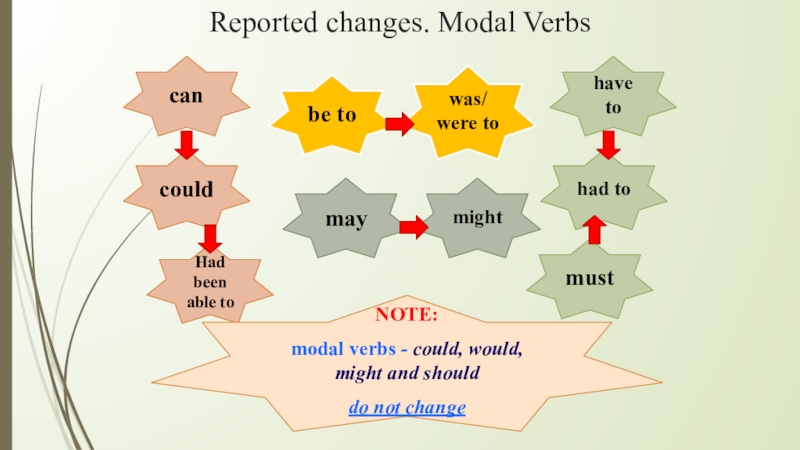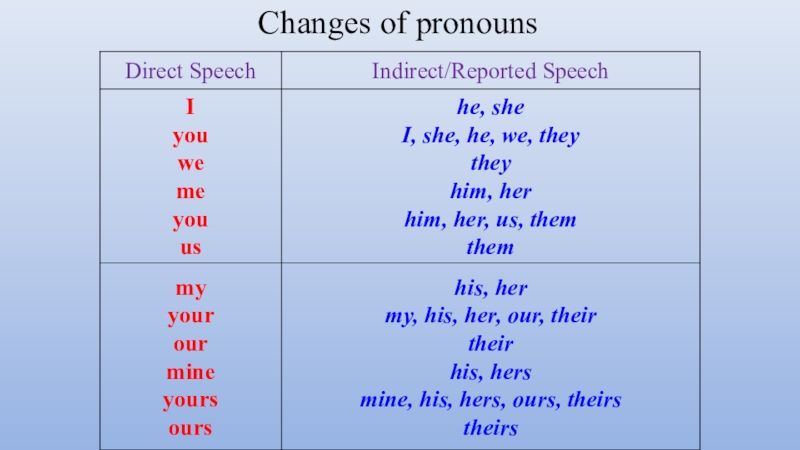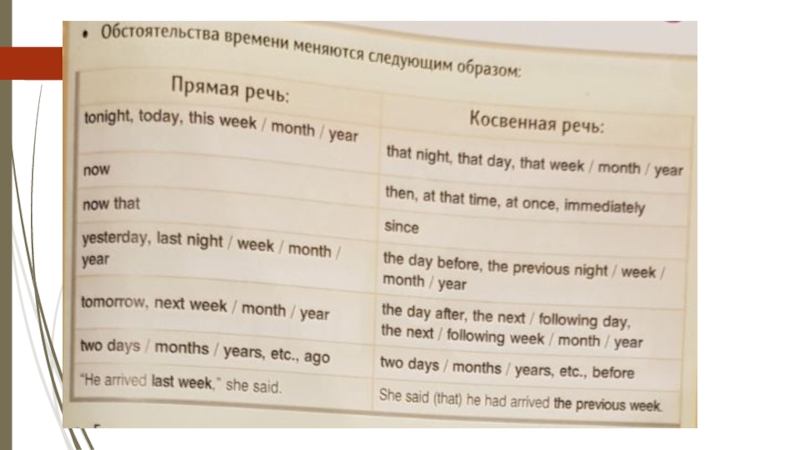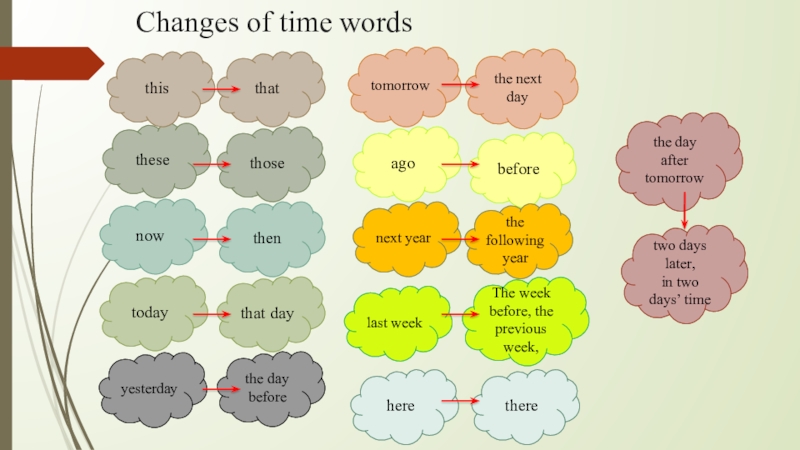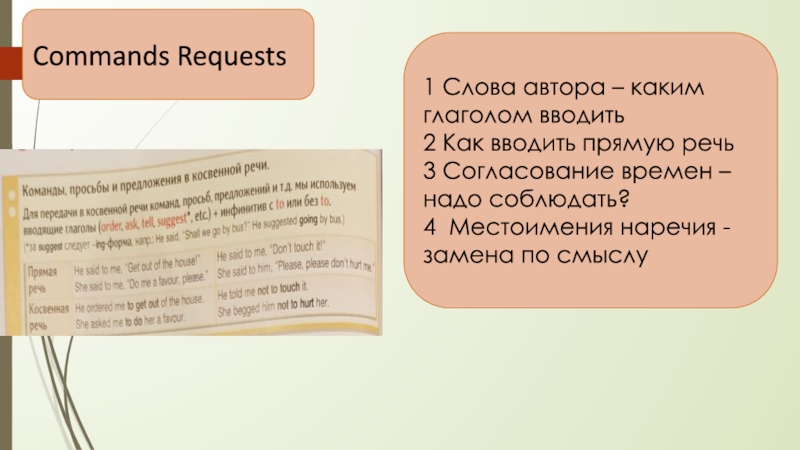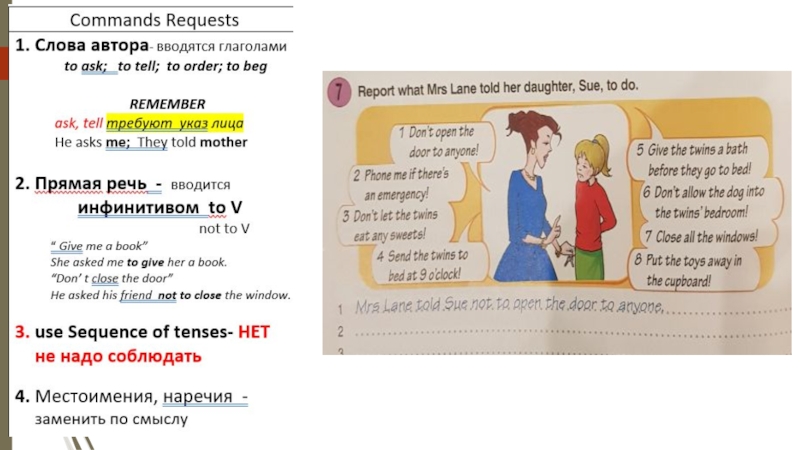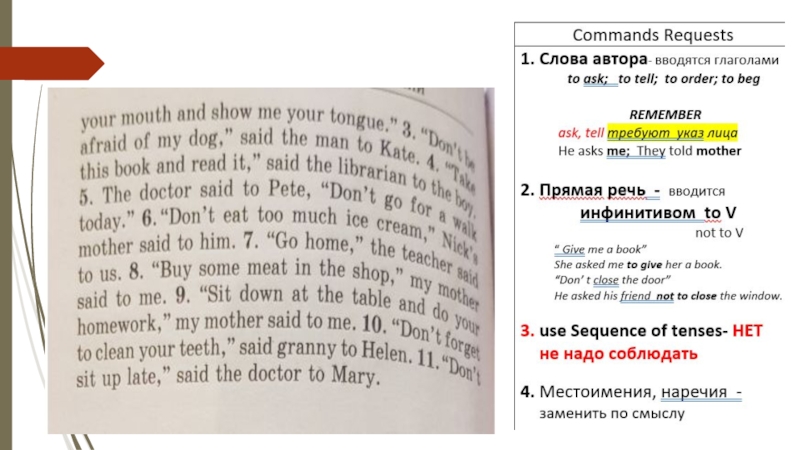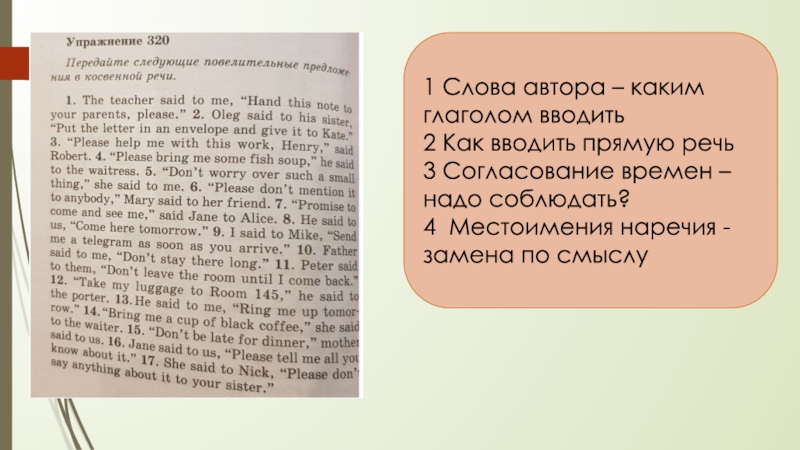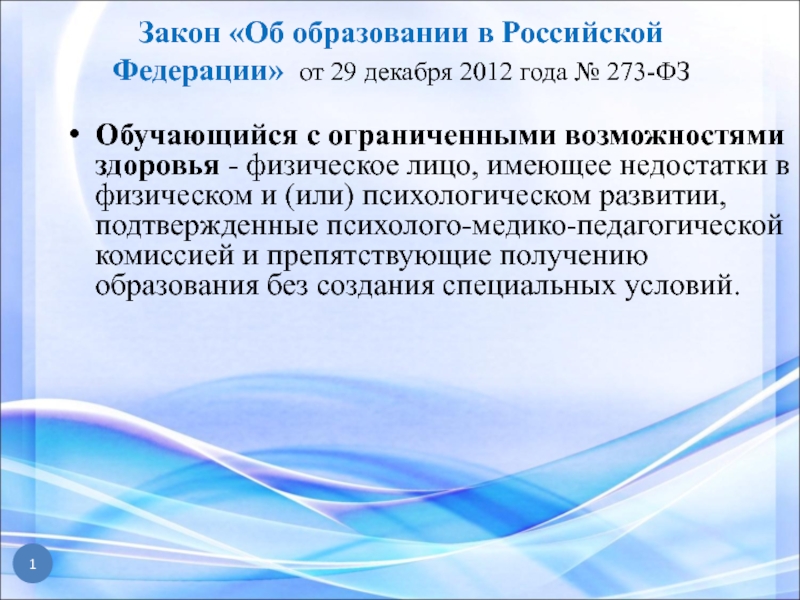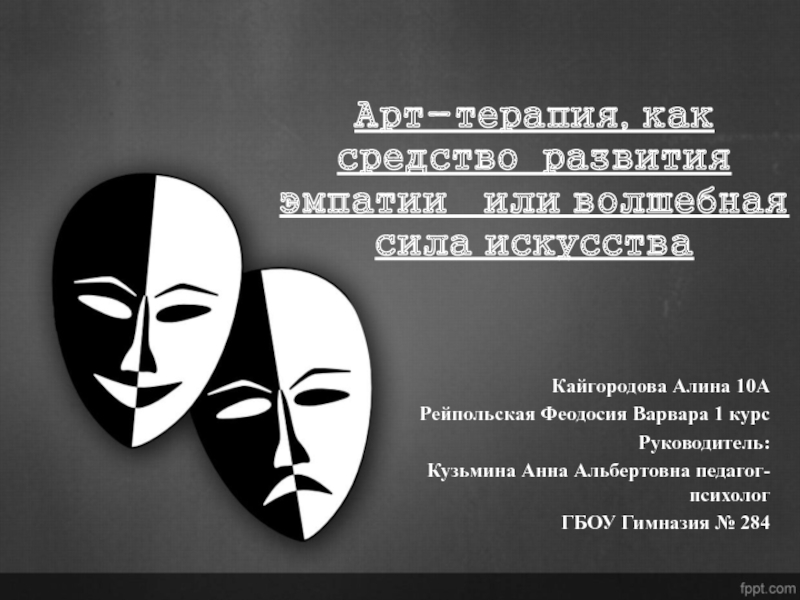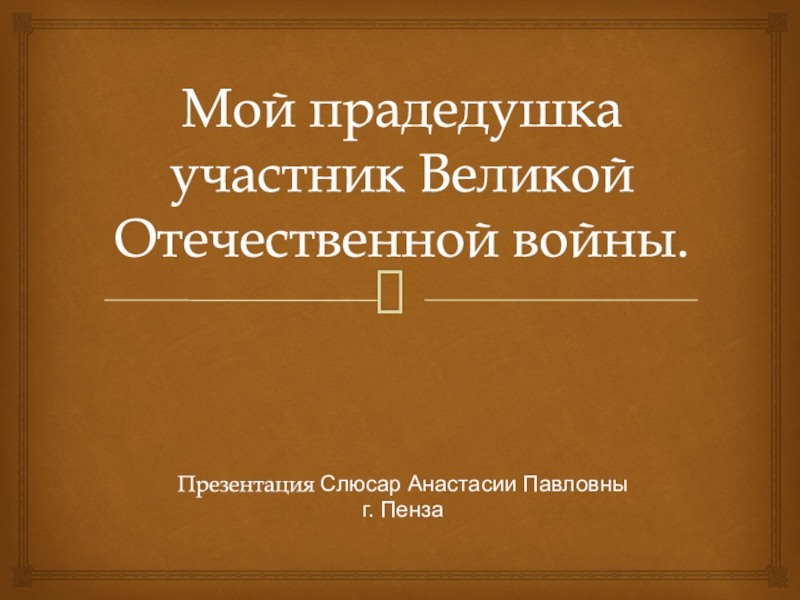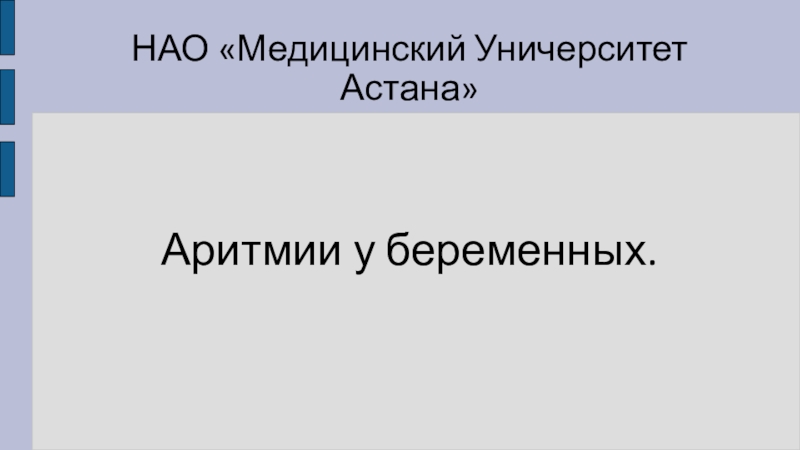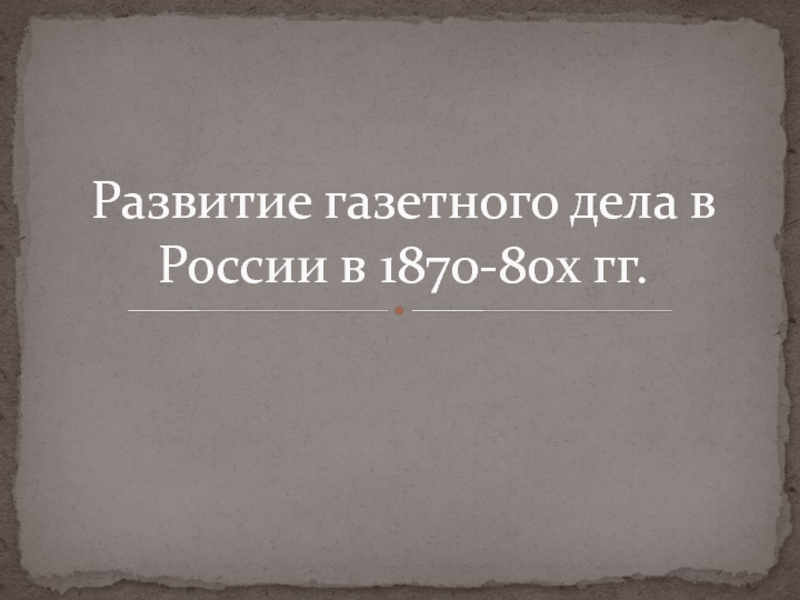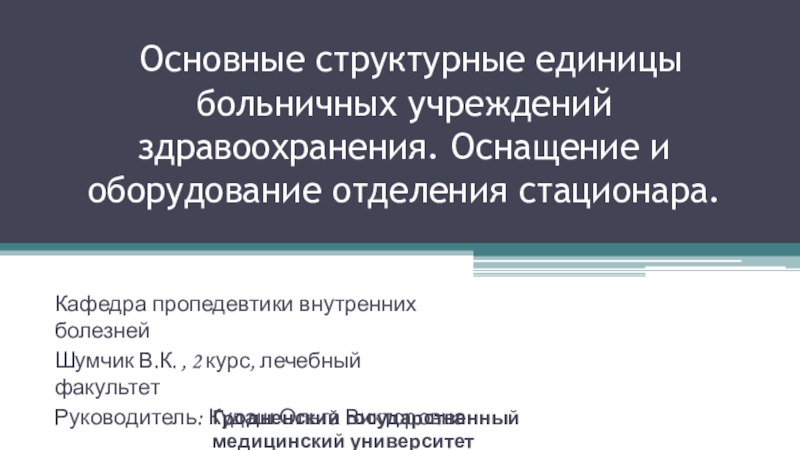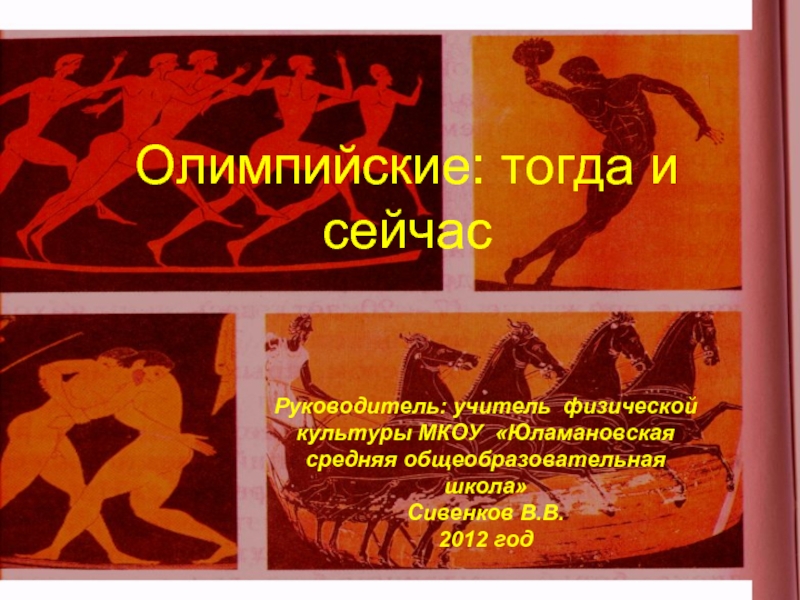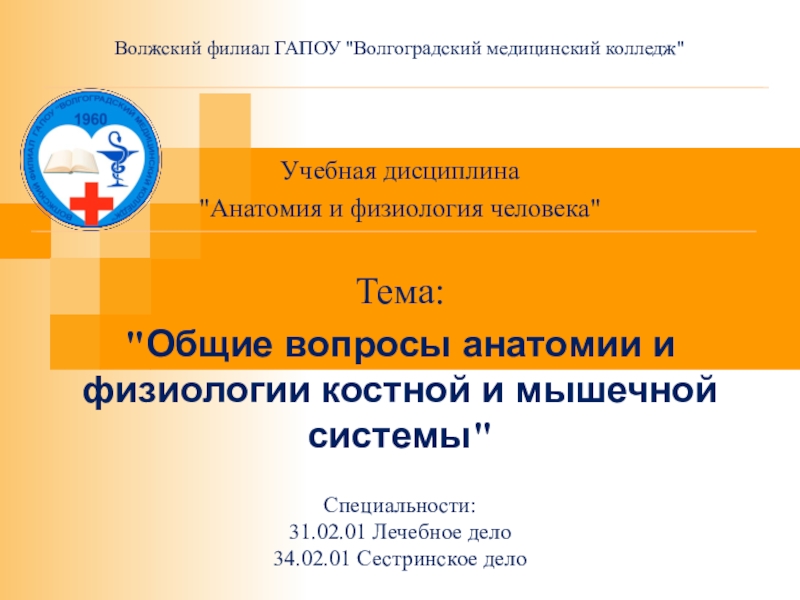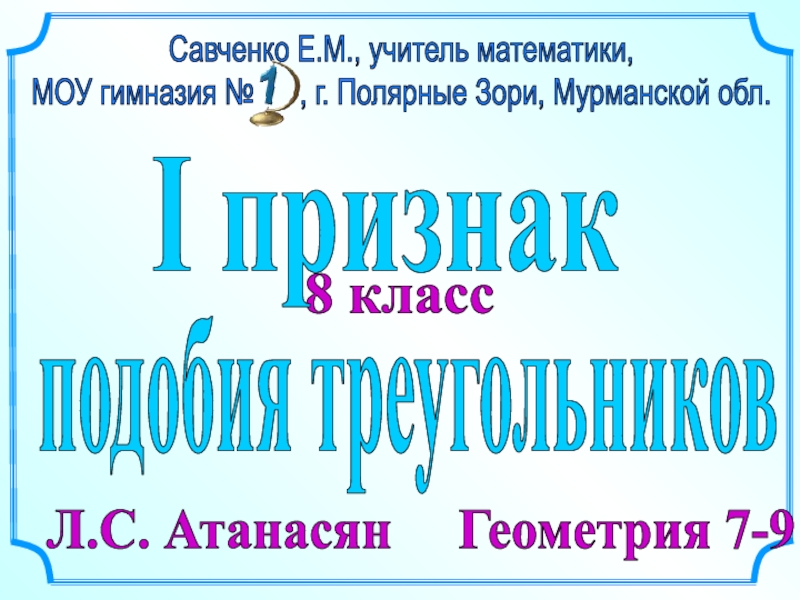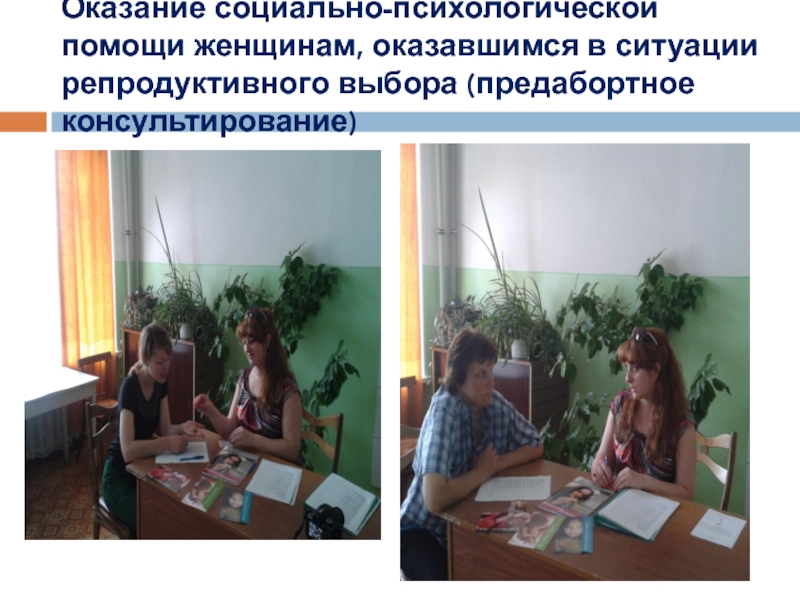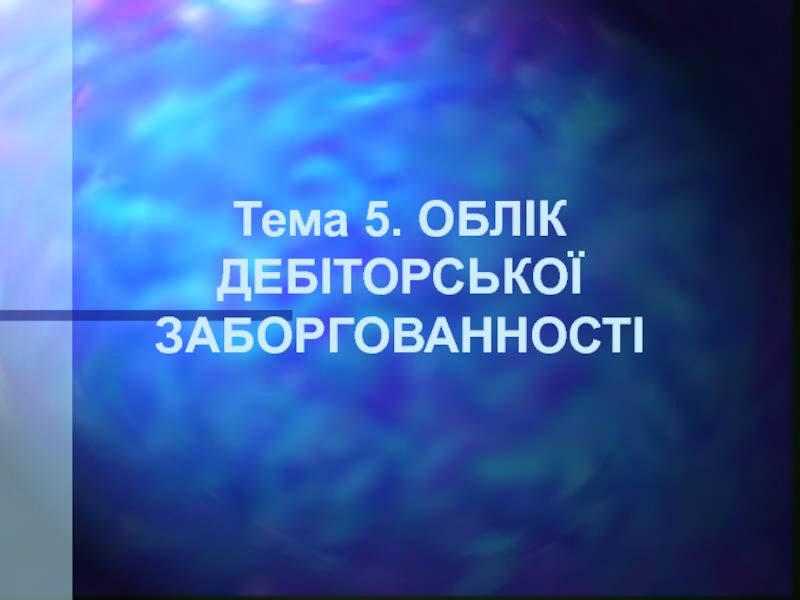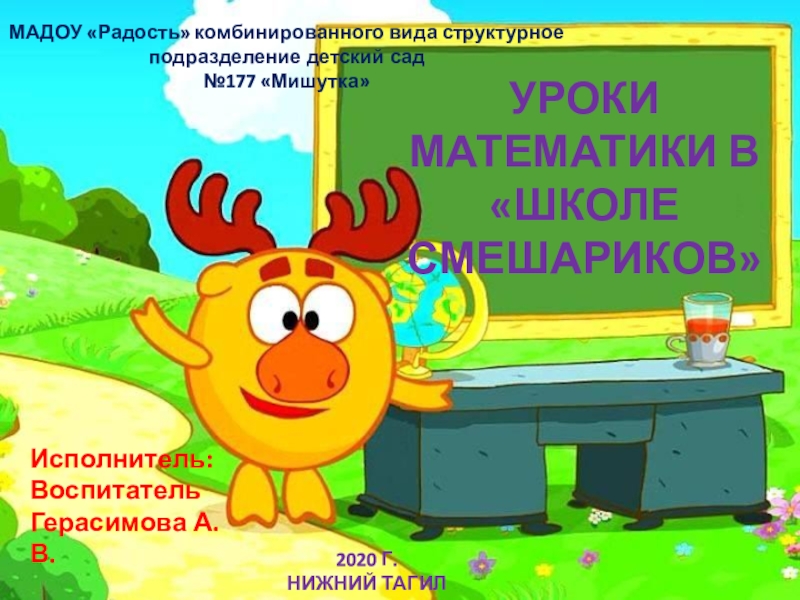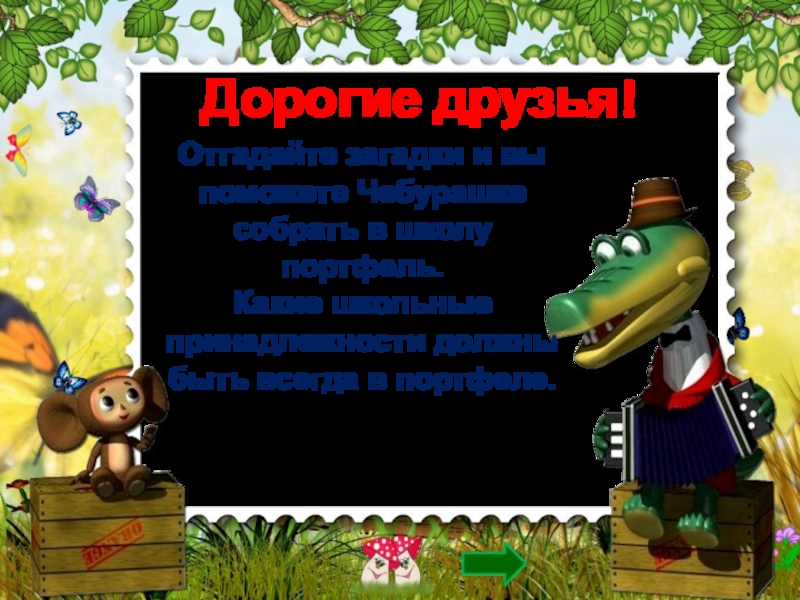Разделы презентаций
- Разное
- Английский язык
- Астрономия
- Алгебра
- Биология
- География
- Геометрия
- Детские презентации
- Информатика
- История
- Литература
- Математика
- Медицина
- Менеджмент
- Музыка
- МХК
- Немецкий язык
- ОБЖ
- Обществознание
- Окружающий мир
- Педагогика
- Русский язык
- Технология
- Физика
- Философия
- Химия
- Шаблоны, картинки для презентаций
- Экология
- Экономика
- Юриспруденция
REPORTED SPEECH
Содержание
- 1. REPORTED SPEECH
- 2. Слайд 2
- 3. We use reported speech when we are saying what other people say, think or believe.
- 4. Read the dialogue between the members of
- 5. Say what people use direct and reported speech for
- 6. Предложения по цели высказывания бываютПобудительные ПовествовательныеВопросительные 1
- 7. Слайд 7
- 8. Sequence of TensesCan –couldMay- mightMust- had toMustn’t –didn’t have to
- 9. Reported changes. Modal Verbscancouldmightmay Had been able
- 10. Changes of pronouns
- 11. Слайд 11
- 12. the day after tomorrowthennowthosethesethatthistwo days later,in two
- 13. 1 Слова автора – каким глаголом вводить
- 14. Слайд 14
- 15. Слайд 15
- 16. 1 Слова автора – каким глаголом вводить
- 17. Скачать презентанцию
We use reported speech when we are saying what other people say, think or believe.
Слайды и текст этой презентации
Слайд 4Read the dialogue between the members of a football fan's
family.
Find the sentences with reported speech.
Mum: Good morning, dear. Good
morning. What's the matter? Mark: Dad says that he's lost his voice.
Mum: He has lost his voice! He can't. It must be ajoke. Come on, dear. Don't joke.
Mark: He says it isn't a joke. He has really lost his voice.
Mum: I’ll make a nice cup oftea. You'll soon get your voice back.
Susan: How did you lose your voice, Dad?
Mark: He says he went to the football match last night.
Susan: And you shouted so much you lost your voice.
Mark: Yes, he shouted so much he lost his voice.
Susan: Did you win? Mark: No, they lost.
Mum: Here is a nice cup oftea. Would you like something to eat?
Mark: He says he would like some toast with honey.
Susan: Why honey, Mum?
Mum: Because honey is good for your throat.
Слайд 6Предложения по цели высказывания бывают
Побудительные
Повествовательные
Вопросительные
1 Слова автора –
каким глаголом вводить
2 Как вводить прямую речь
3 Согласование времен
– надо соблюдать?4 Местоимения наречия - замена по смыслу
Слайд 9Reported changes. Modal Verbs
can
could
might
may
Had been able to
had to
must
have to
was/
were to
be to
NOTE:
modal verbs - could, would, might and should
do
not changeСлайд 12the day after tomorrow
then
now
those
these
that
this
two days later,
in two days’ time
that day
today
yesterday
the
day before
ago
before
next year
the following year
The week before, the previous week,
here
last
weekthere
the next day
tomorrow
Changes of time words
Слайд 131 Слова автора – каким глаголом вводить
2 Как вводить
прямую речь
3 Согласование времен – надо соблюдать?
4 Местоимения наречия -
замена по смыслуCommands Requests
